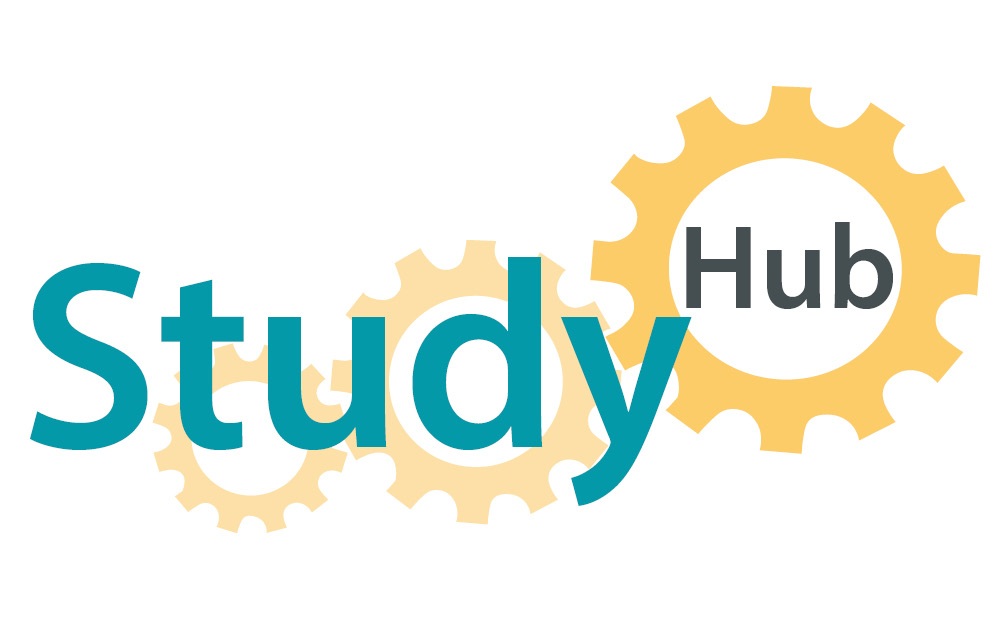PALS (Peer Assisted Learning Schemes) can be a good addition to the student learning experience. They provide a welcoming space and facilitate discussions on course content, while providing a platform to engage with a community of people on similar degrees.
What is PALS about?
In PALS, students in the later years of their degrees facilitate sessions for students transitioning to university-level learning. PALS is not a space for teaching, but rather a space for a more informal discussion on course content and a space where students can seek support from their peers in their learning and meet people who has been through the same transition not long ago. PALS schemes are subject specific and there is often a PALS scheme for each subject area (i.e. Biology, Economics…). The Students’ Association has a current list of Peer Learning & Support Schemes here.
What will sessions cover and how often will they happen?
PALS sessions usually cover common core modules. Some schemes will have weekly sessions covering that week’s materials, while others will have thematic sessions divided by course blocks, or sessions dedicated to preparing for an assignment or exam. PALS is what you make of it: it can be a tool for consolidating knowledge on weak topics or a space to further discuss the topics that caught your interest.
Where will sessions take place?
Most schemes are running in-person sessions now, with some doing online or hybrid sessions as well. If you’re interested in attending a session, it’s best to check when and where it’s happening on the scheme’s LEARN page (you’ll be automatically added to that if you’re studying a course which PALS cover) and/or on their social media; if you’re unsure, you could also email and ask! All contact details can be found on either the LEARN page or on the EUSA website here.
When can you join?
You can join PALS at any time of the academic year. You can engage as much or as little as you want. Some students only attend exam sessions, while others fully integrate weekly sessions into their routine.
Moreover, you can join PALS at any time during your degree. If you have not attended any session in your initial years, you can still become a leader and benefit from that experience!
How can students in later years get involved?
If you are not in 1st or 2nd year, you can still get involved with PALS as a leader. Being a PALS leader has many benefits such as engaging with your degree’s community, refreshing old course material, and learning from the discussions. Moreover, there are many transferrable skills you acquire through PALS: teamwork, public speaking and confidence, organisation and management, presentation and events design, communication… Lastly, PALS teams are a great way to make friends and engage with people with a similar mindset.
How to make the most of PALS?
If you are attending a session, prepare for it. It does not need to be a comprehensive preparation, a couple of bullet points on issues you want to discuss, things that were not clear… It is good to remember what you will be talking about. However, the atmosphere in PALS sessions is very informal and friendly, so do come along even if you didn’t have time to prepare!
Make sure to engage actively with all the activities during the sessions, as that way you can make the most of them. Ask any questions that you may have, PALS leaders are more than happy to answer!
Something else to bear in mind is that there is no such thing as a stupid question. Ask your peers, nobody will judge you; in the end, we are all learning.
This post was originally written in 2020 by Ana, who, at the time, was a third year Sustainable Development student and part of the Sustainable Development PALS team. The above is an updated version, modified by Sofia, a third year Economics student, who was part of the EconPALS teams.



